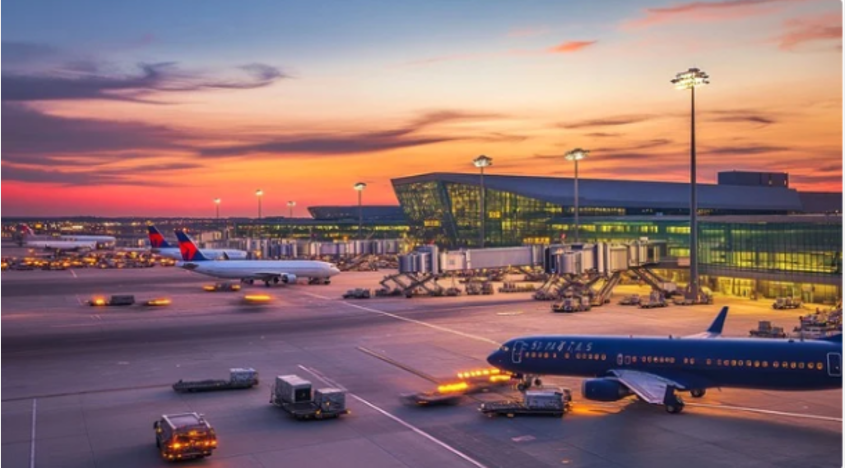A group of 49 white South Africans, predominantly Afrikaners, are expected to arrive in the United States today under a refugee resettlement initiative introduced by former President Donald Trump. The controversial program, formalized by executive order in February 2025, grants asylum to white South Africans whom the Trump administration has described as victims of racial discrimination.
According to reports by Reuters and Politico, the group departed South Africa on a chartered flight operated by Omni Air International and is scheduled to land at Dulles International Airport before continuing to Texas, where they will be resettled. U.S. officials have cited alleged state-sanctioned marginalization, including land reform policies and employment equity measures, as grounds for granting refugee status (Reuters, Politico).
South Africa’s government has condemned the move as politically motivated and factually unfounded. The foreign ministry stated the Trump-era program seeks to undermine the legitimacy of South Africa’s constitutional democracy and misrepresents the socio-economic dynamics of race in the country.
White South Africans comprise roughly 7% of the population but reportedly own a majority of commercial farmland and maintain significantly higher average wealth compared to Black South Africans, according to data from Statistics South Africa.
Civil rights groups within South Africa, including AfriForum and Solidarity, have distanced themselves from the resettlement narrative. Dirk Hermann, CEO of Solidarity, told Voice of America that “the overwhelming majority of Afrikaners are not seeking asylum” and remain committed to staying in South Africa (VOA).
Critics of the program in the U.S. argue it reflects a selective and ideologically charged application of refugee policy, particularly as millions from war-torn or politically unstable regions await asylum.
While the arrival of the 49 Afrikaners may be symbolic of larger debates around race, history, and global migration, the implications of the Trump-initiated program are expected to fuel further international discussion around who qualifies as a refugee — and why.



